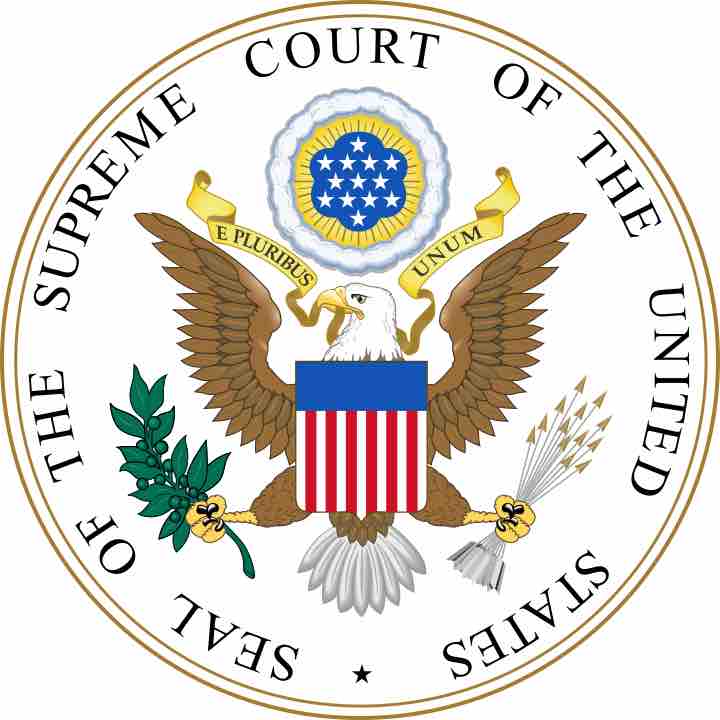In lieu of cash, a company may choose to pay its dividend in the form of stock. Instead of each shareholder receiving, say $2 for each share, they may receive an additional share. A stock dividend (also known as a scrip dividend) can be the economic equivalent of a stock split.
When a stock dividend is paid, no shareholder actually increases the values of his or her assets. The total number of shares outstanding increases in proportion to the change in the number of shares held by each shareholder. If a 5% stock dividend is paid, the total number of shares outstanding increases by 5%, and each shareholder will receive 5 additional shares for each 100 held. As a result, each shareholder has the same ownership stake as before the stock dividend.
In addition, the value of the shares held does not change for each shareholder. As the number of shares outstanding increases, the price per share drops because the market capitalization does not change. Therefore, each shareholder will hold more shares, but each has a lower price so the total value of the shares remains unchanged.
The stock dividend is not, however, exactly the same as a stock split. A stock split is paid by switching out old shares for a greater number of new shares. The company is essentially converting to a new set of shares and asking each shareholder to trade in the old ones.
A stock dividend could be paid from shares not-outstanding. These are the company's own shares that it holds: they are not circulating in the market, but were issued just the same. The company may have gotten these shares from share repurchases, or simply from them not being sold when issued.
Stock dividends may also be paid from non-outstanding stock or from the stock of another company (e.g. its subsidiary).
The company would record the stock dividend as a debit to the retained earnings account and credit both common stock and the paid in capital accounts.
An advantage of paying stock dividends instead of cash dividends to the shareholder is due to tax considerations. Cash dividends are taxed, while stock dividends are not . Of course, stock dividends don't actually change the asset value of the shareholders so, in effect, nothing of substance has occurred.

Supreme Court Seal
The Eisner vs. Macomber case was a US Supreme Court Case that helped determine the differences in taxation of cash and stock dividends.